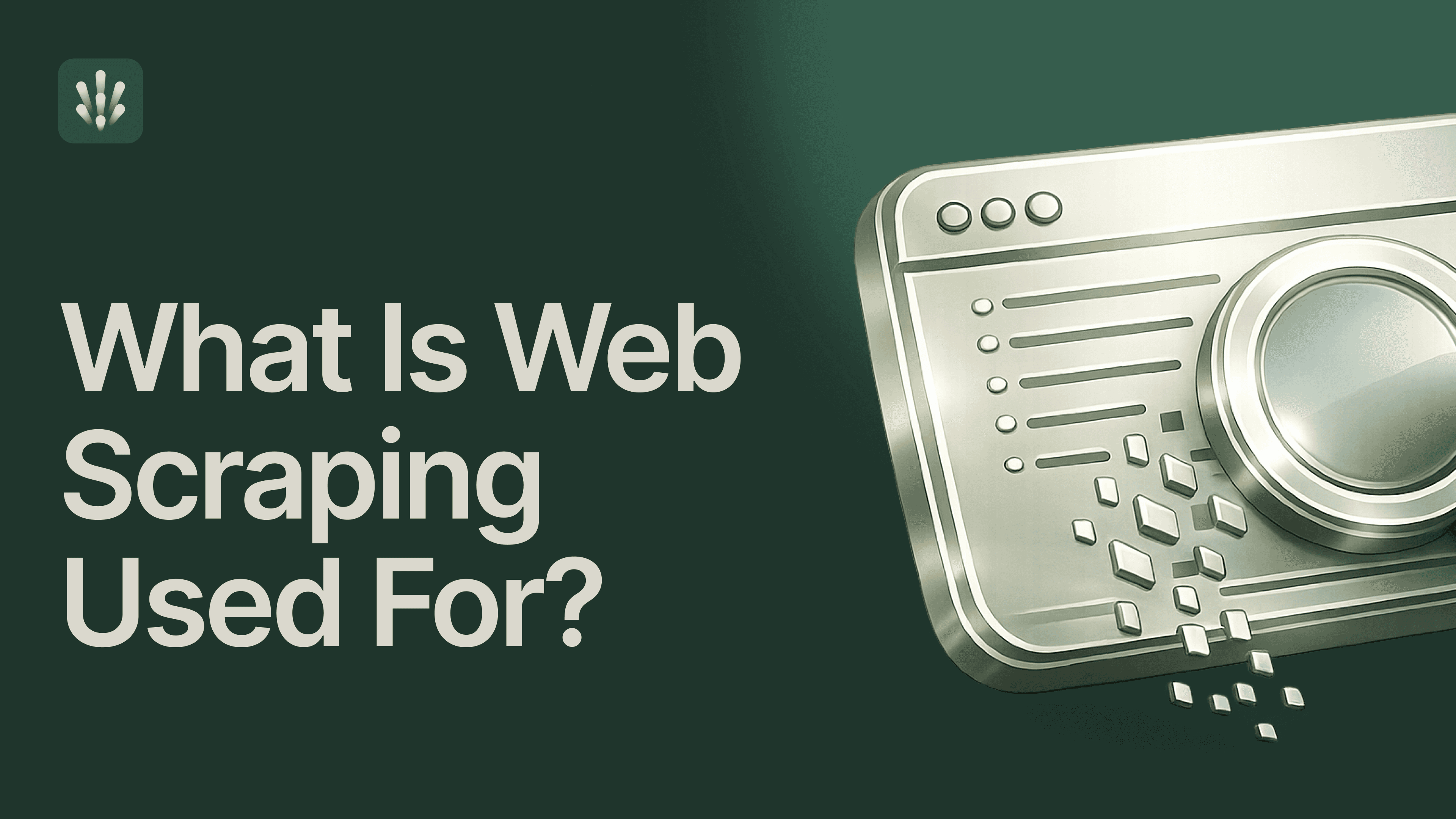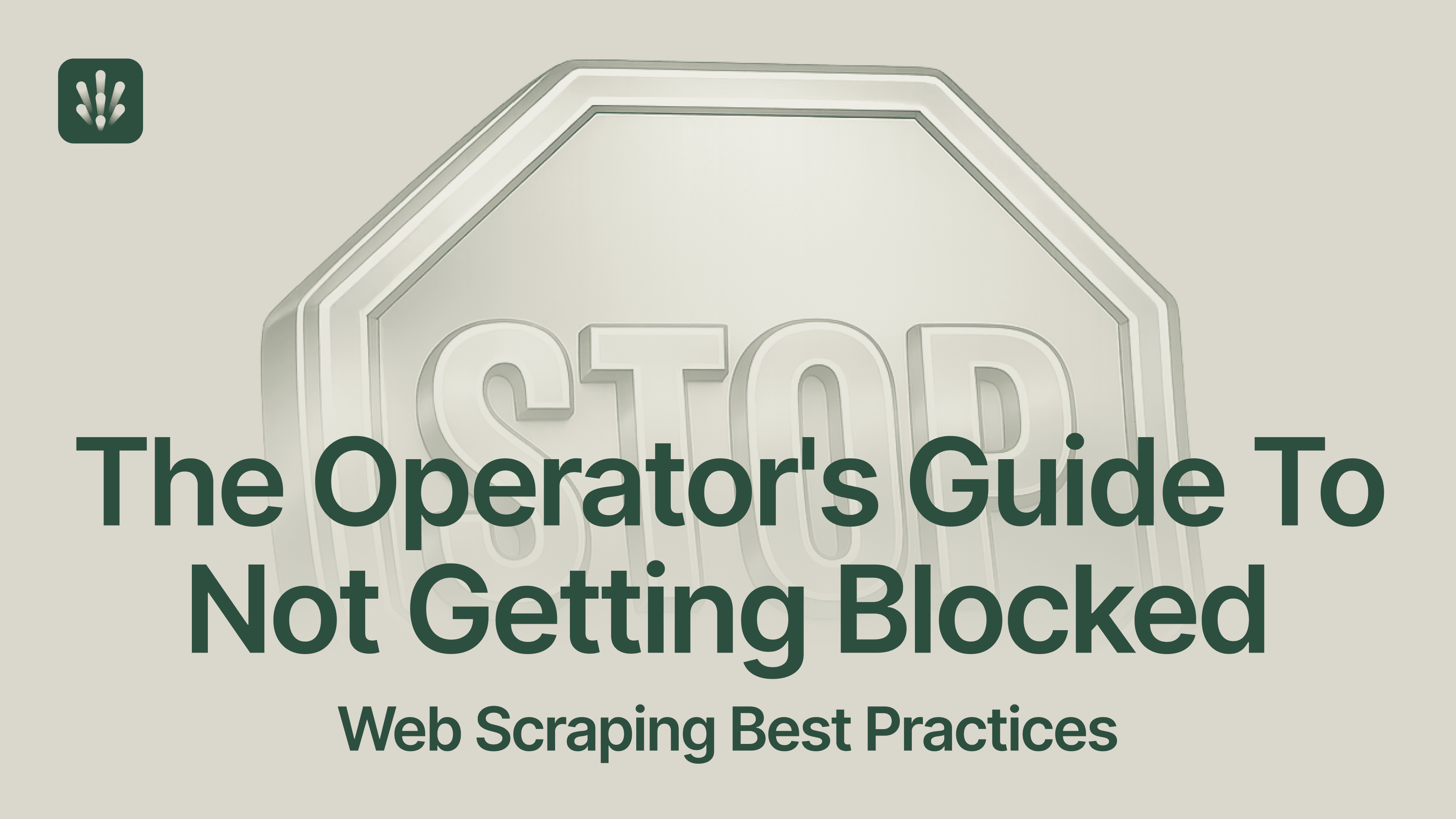What is a private proxy? Complete guide + best practices [2025]
Learn what private proxies are, how they work, and why they outperform shared or public options. Discover the key benefits, real-world use cases, and how to choose a provider that fits your needs.

Hype Proxies
Last updated -
Jul 3, 2025
Proxies
If you’ve ever hit rate-limit walls, surprise bans, or slow performance while using a shared proxy, you already know the downsides of pooled IP resources. Now imagine routing traffic through an IP address reserved solely for you – consistent performance, isolated reputation, and zero “noisy neighbor” risk. That’s exactly what a private proxy offers.
In this guide, you'll learn everything about private proxies: what they are, how they work, their key benefits, and how to choose the right provider for your needs.
All proxies at HypeProxies are private, meaning you always get dedicated, high-performance IPs tailored to your use case.
TL;DR
A private proxy (aka dedicated proxy) is a single IP address reserved for one customer only. Because no one else touches the IP, you get faster speeds, stronger security, and far fewer bans compared with public or shared proxies.
What is a private proxy?
A private proxy is an IP address assigned solely to you. Unlike shared or public proxies, no other user routes traffic through the same IP, so you’re in full control of speed, reliability, and reputation.
With private proxies, you get:
Exclusive use. Every request from the proxy originates from your workflow.
Isolated reputation. Avoid bans triggered by other users' behavior.
Predictable performance. No bandwidth competition with other customers.
The result: web automation, data collection, and other business-critical tasks run steadily, free from slowdowns or surprise blocks triggered by someone else’s traffic.
How does a private proxy work?
Private proxies operate like standard proxies – forwarding requests and masking your real IP – but with the key difference of exclusive usage.
Here’s how it works:
Configure your app or browser with the proxy credentials (host:port + auth).
Route your internet traffic through the proxy server.
Request is sent to the target site using the proxy’s IP.
Response returns through the proxy and is delivered back to your device.
Because no one else uses your IP, you control its reputation and ensure stable, uninterrupted sessions.
Benefits of private proxies
Why do serious users invest in private proxies? Here are the standout advantages:
Speed & performance
No shared bandwidth = consistently fast connections.
Low risk of slowdowns, timeouts, or retry loops.
Control & security
You alone control how the IP is used.
Your actions won’t be impacted by someone else’s abuse.
Location flexibility
Choose IPs from specific countries or cities.
Maintain a consistent location for region-sensitive testing.
💡 Every HypeProxies plan runs on 10 Gbps bare-metal infrastructure with unlimited bandwidth and <1 ms latency – perfect for high-volume automation.

Proxy comparison table
Here's how private proxies compare with other popular proxy types:
Proxy type | Users per IP | Typical speed* | Block risk* | Price tier | Best use cases |
|---|---|---|---|---|---|
Public (free lists) | Unlimited | Slow | Very high | Free | Quick tests, demos, throwaway scraping |
Shared / Semi-dedicated | 2 – 5 | Variable | High | Low | Light scraping, SEO checks, ad-hoc automations |
Private – Datacenter | 1 | Fast | Low | Medium | Scraping, bots, bulk automation, account handling |
Private – Static Residential (ISP) | 1 | Moderate | Lowest | High | Ad verification, eCommerce QA, sneaker drops, city-specific targeting |
Related reads: Datacenter vs Residential Proxies, ISP vs Residential Proxies
Use cases for private proxies
Private proxies are the best tool for serious use cases, including:
Web scraping. Fast, reliable data extraction at scale.
Multi-account management. Assign one IP per profile to avoid bans.
Ad verification. Test live creatives from specific geos.
Sneaker, ticket, or NFT drops. Instant actions using trusted IPs.
Streaming unlock. Access geo-restricted content.
QA & geo testing. Automate IP-sensitive tests from fixed locations.
Privacy-first browsing. Hide your real IP during sensitive sessions.
See all the ways HypeProxies can power your projects in our proxy use cases.
Why you should avoid “free private proxies”
There’s no such thing as a legitimate free private proxy. Free options are usually:
Shared or recycled.
Insecure (no encryption, logs traffic).
Used to inject ads, malware, or steal data.
Even if they say “private”, these proxies often appear on public lists, which means they’re shared, abused, and unreliable.
How to choose the right private proxy provider
Ask these before you buy:
True exclusivity – Is each IP 100% yours?
Transparent pricing – Any hidden fees or bandwidth caps?
IP origin – Datacenter or ISP-assigned residential IPs?
Geo coverage – Can you pick the country or city?
Support quality – Is help available 24/7?
Test policy – Is there a trial or refund option?
You can also ask which /24 subnets your IPs belong to. Owning an entire subnet reduces collateral bans from other users.
At HypeProxies, you get 10 Gbps private proxies with U.S. IPs, unlimited bandwidth, sub-1ms latency, 99.9% uptime SLA, and live expert support.
Conclusion
Are private proxies worth it? Absolutely – if performance, privacy, and reliability matter to you. Whether you're scaling web scraping, testing applications, or need secure browsing, private proxies are worth the investment.
Further reading
Take a look at these proxy guides as well:
Share on
$1 one-time verification. Unlock your trial today.
Stay in the loop
Subscribe to our newsletter for the latest updates, product news, and more.
No spam. Unsubscribe at anytime.
![What is a private proxy? Complete guide + best practices [2025]](https://framerusercontent.com/images/6uBJ4XiFkAtmbW0hd7BXH7tx0.png?width=3840&height=2160)





